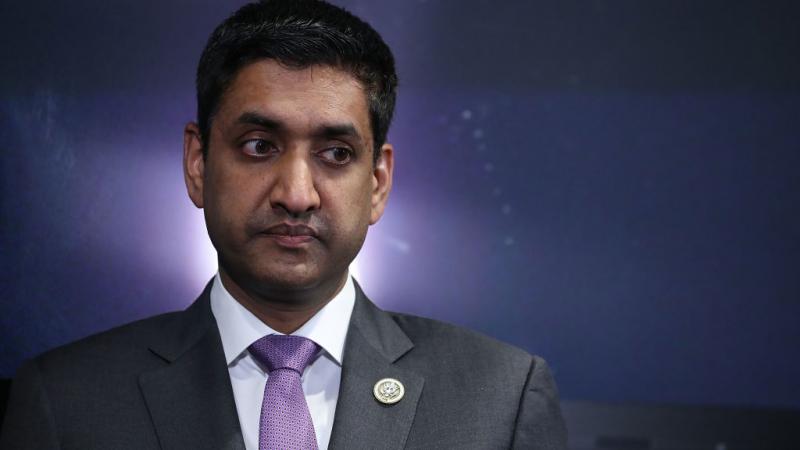11 states urge Supreme Court to overrule Colorado in Trump ballot case
If the U.S. Supreme Court upholds the state ruling, no votes for Trump would be counted, according to the Colorado Secretary of State.
The U.S. Constitution can’t be used by a state to remove a candidate from its presidential primary ballot, according to a brief filed with the U.S. Supreme Court in a case involving Colorado and Republican candidate Donald Trump.
“This has the potential to tear our nation apart if left unchecked,” Missouri Republican Secretary of State Jay Ashcroft said in a statement.
Ashcroft led a group of 11 state election officials in submitting an amicus or “friend of the court” brief “in support of neither party,” according to the document.
Earlier this month, the U.S. Supreme Court agreed to hear a case involving Trump’s removal from the March Colorado Republican presidential primary ballot in a ruling by the state supreme court. The Colorado court ruled Trump could be removed under Section 3 of the 14th Amendment.
However, the court allowed his name to appear on the March ballot if the case was taken up by the nation’s highest court. If the U.S. Supreme Court upholds the state ruling, no votes for Trump would be counted, according to the Colorado Secretary of State.
Ashcroft’s coalition argues in a 26-page document the U.S. Constitution doesn’t empower a state official to disqualify candidates for federal office. The brief also states historical precedent doesn’t give secretaries of state any power to disqualify a candidate under the Constitution.
However, if the U.S. Supreme Court rules Section 3 to be applicable, the brief urges the court to avoid a ruling that could allow a secretary of state to disqualify a candidate.
“While other parts of the Constitution impose affirmative obligations on the states, those provisions are rote and divorced from the messy – and inherently political – question whether the insurrection clause should bar a candidate from office,” the brief states. “Thus, a state’s exercise of any disqualification power pursuant to those provisions – like, for example, disqualification based on a candidate’s ineligibility due to age – is a poor foil for a disqualification decision made under the Fourteenth Amendment.”
Secretaries of state from Alabama, Arkansas, Idaho, Indiana, Kansas, Montana, Nebraska, Ohio, Tennessee and West Virginia joined Ashcroft, who’s running for the Republican nomination for governor in August.
“I appreciate the tenacity of so many other secretaries who also believe in good government, who believe in letting the people decide who should be on the ballot,” Ashcroft said. “When one person has the authority to arbitrarily remove a candidate from the list – our republic is in trouble. Having such autonomy would set a dangerous precedent for which a deeply divided nation may never recover.”
The court will hear the case on Feb. 8.
“As I am receiving emails asking me to remove different presidential candidates, it has become imperative for the U.S. Supreme Court to settle this issue,” Tennessee Republican Secretary of State Tre Hargett said in a statement. “Voters, not secretaries of state, should make the decision in the upcoming presidential election.”














